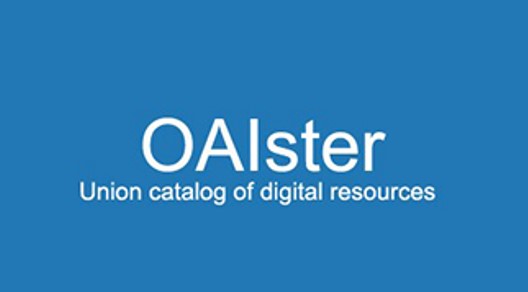Industrialization in Sub-Saharan Africa: the role of telecommunications, electricity and aid to development
DOI:
https://doi.org/10.5281/zenodo.7250101Keywords:
Industrialization; telecommunications; electricity; SSA; GMM.Abstract
This paper examines the contribution of electricity, telecommunication, internet use and official aid to development on the industrialization process in Sub-Saharan Africa. The study is carried out on 30 sub-Saharan African countries over the period 1996-2019, using the Generalized Method of Moments. Strong evidence is provided to support that access to electricity and telecommunication services are the main determinants in Sub-Saharan Africa in the short run by ensuring an acceptable level of industrialization despite official aid to development. Moreover, in the long run, public aid to development becomes very important for industrial development alongside access to electricity, unlike access to mobile phone services or communication. It is advisable to get SSA countries to develop the energy sector and to make qualitative use of official aid. It is also important for these countries to create attractive frameworks for FDI in the field of industrialisation.
Downloads
Published
How to Cite
Issue
Section
License

This work is licensed under a Creative Commons Attribution-NonCommercial-NoDerivatives 4.0 International License.























